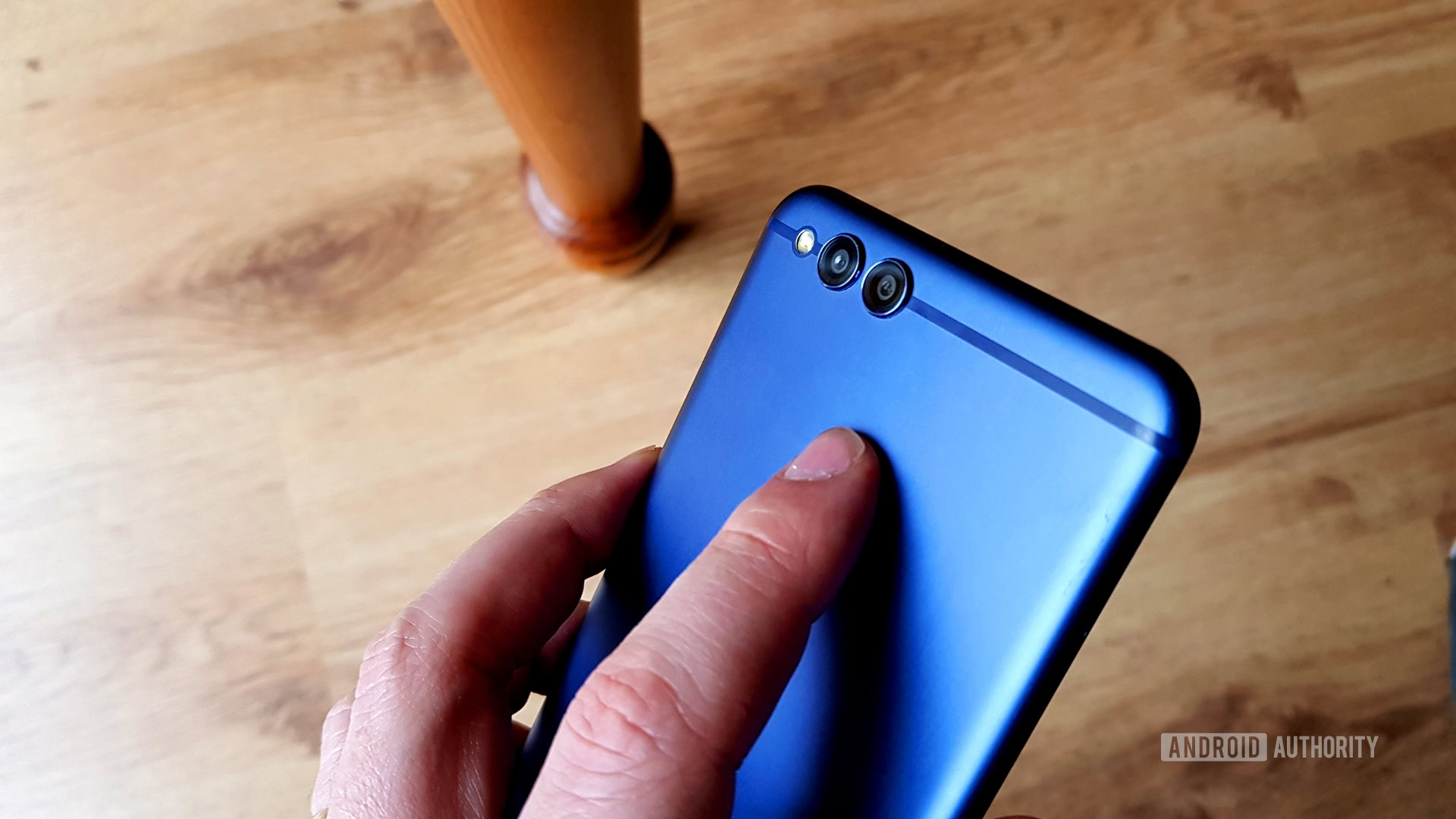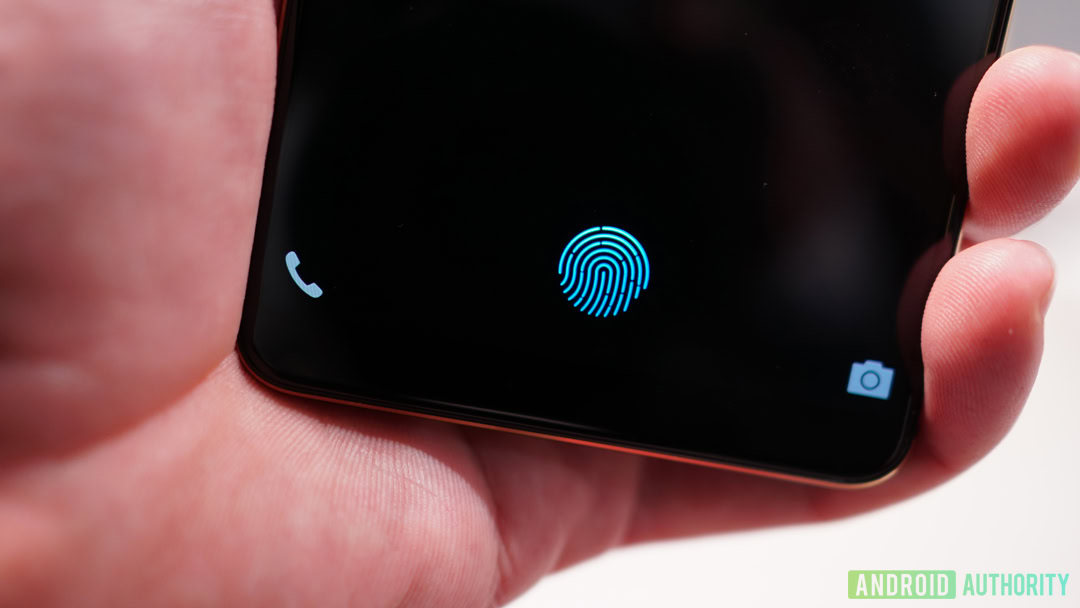Affiliate links on Android Authority may earn us a commission. Learn more.
Fingerprint lock? Science wants to use your brainwaves instead

- A team of scientists is working on a way to use brainwaves as a biometric “password.”
- If the method were perfected, fingerprint and retinal scanning would be much less-effective than brainwave scans.
- However, the scan currently requires you to wear a headset, which makes the method unfeasible for general use for now.
Scientists and mathematicians have told us for over a century that the likelihood of two people having the same fingerprint is slim to none. That’s why we use fingerprints to solve crimes and unlock our phones and computers.
But it’s not like fingerprint sensors and criminologists can’t be fooled when it comes to fingerprints. And, once your fingerprint information is compromised, what do you do then? It’s not like you can grow new fingerprints.
As far as fingerprint locks go, at some point, we are going to need a more robust and harder-to-crack method.
A new report from Phys.org centers on one scientist named Wenyao Xu, who thinks the answer lies in brainwaves.

Working at the University at Buffalo School of Engineering and Applied Sciences, Xu devised a headset that scans brainwaves and determines the unique patterns a person creates while looking at images. Within seconds, the person’s identity is confirmed which then “unlocks” the test.
To establish the original identity, the test subjects viewed images of animals and celebrities like Leonardo DiCaprio in rapid succession, a total of four times. Subjects then came back five months later to test the “brain password.” Xu reported that the tests were 95 percent effective.
Obviously, for this system to work a headset is needed, which certainly would be pretty cumbersome if you wanted to do something simple like unlocking your smartphone. But Xu’s tests prove that brainwaves can be used as biometric identity confirmation, at least in theory.
Xu hopes that companies with grave concerns for privacy might be early adopters of the technology, assuming the overall process can be tweaked and made even more effective.
Xu’s work will be presented at MobiSys 2018, a mobile computing conference hosted in Germany by the Association for Computing Machinery.
NEXT: 10 best security apps for Android that aren’t anti-virus apps